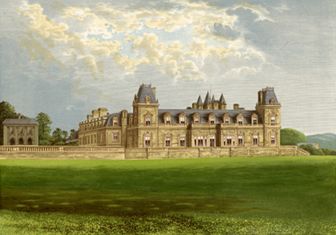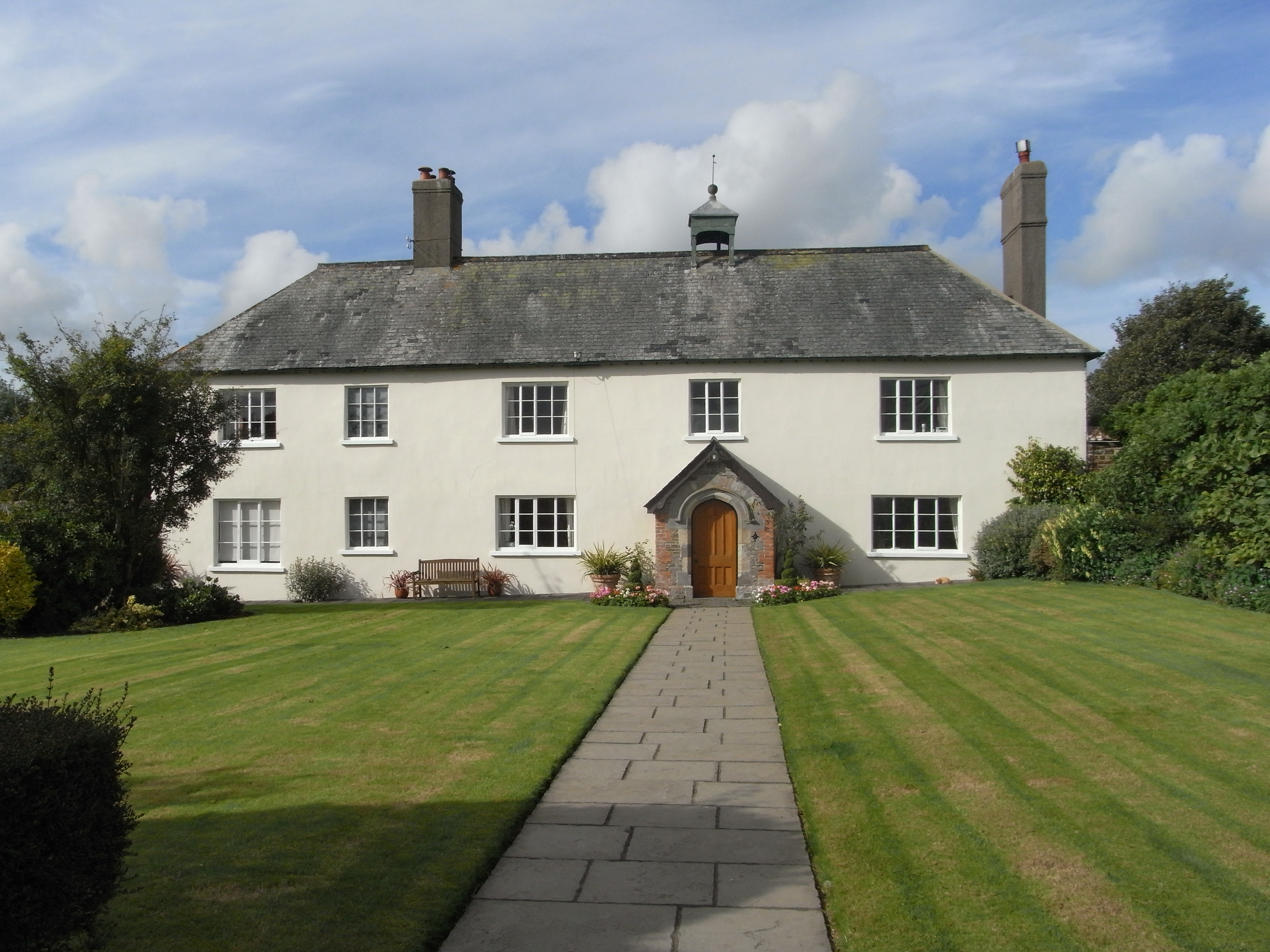|
Denys Rolle (1725–1797)
Denys Rolle ( – 26 June 1797) was a British politician and landowner who was an independent member of parliament for Barnstaple between 1761 and 1774. He inherited a large number of estates and by the time of his death he was the largest landowner in Devon. He was a philanthropist and generous benefactor to charities and religious societies. Rolle spent much of his life in Florida attempting to establish an "ideal society", a utopian colony of British settlers named Rollestown or Charlotta. The project was a failure and Rolle recorded his colonial adventure in great detail in a lengthy official complaint made in 1765 to the British government entitled ''The Humble Petition of Denys Rolle, Esq., Setting Forth the Hardships, Inconveniences, and Grievances Which Have Attended Him in His Attempts to Make a Settlement in East Florida, Humbly Praying Such Relief as in their Lordships Wisdom Shall Seem Meet''. His colonists having failed to live up to his ambitious expectations a ... [...More Info...] [...Related Items...] OR: [Wikipedia] [Google] [Baidu] |
Thomas Hudson (painter)
Thomas Hudson (1701 – 1779) was an English painter, almost exclusively of portraits. Life Hudson was born in Devon, in 1701. He studied under Jonathan Richardson (painter), Jonathan RichardsonJonathon Richardson , London - National Portrait Gallery, accessed January 2010. in London and, against the latter's wishes, married Richardson's daughter at some point before 1725. Hudson was most prolific between 1740 and 1760 and, from 1745 until 1755 was the most successful London portraitist. He had many assistants, and employed the specialist drapery painter Joseph Van Aken. Joshua Reynolds, Joseph Wright of Derby, Joseph Wright and the drapery painter Peter Toms (painter), Peter Toms were his students. Hudson visited the Low Countries in 1748 and Italy in 1752. ... [...More Info...] [...Related Items...] OR: [Wikipedia] [Google] [Baidu] |
Stevenstone
Stevenstone is a former Manorialism, manor within the parish of St Giles in the Wood, near Great Torrington, North Devon. It was the chief seat of the Rolle family, one of the most influential and wealthy of Devon families, from c. 1524 until 1907. The Rolle estates as disclosed by the Return of Owners of Land, 1873 (corrected by Bateman's 'Great Landowners' (1883), Bateman, 1883) comprised 55,592 acres producing an annual gross income of £47,170, and formed the largest estate in Devon, followed by the Francis Russell, 9th Duke of Bedford, Duke of Bedford's estate centred on Tavistock, Devon, Tavistock comprising 22,607 with an annual gross value of nearly £46,000. From the Glorious Revolution of 1688 to the Reform Act 1832 the county parliamentary representatives were chosen effectively from only ten great families, mostly territorial magnates. The three most dominant of these were the Baron Poltimore, Bampfyldes of Poltimore House and North Molton, the Courtenays of Pow ... [...More Info...] [...Related Items...] OR: [Wikipedia] [Google] [Baidu] |
Raleigh, Pilton
The historic manor of Raleigh, near Barnstaple and in the parish of Pilton, North Devon, England, was the first recorded home in the 14th century of the influential Chichester family of Devon. It was recorded in Domesday Book of 1086 together with three other manors that lay within the later-created parish of Pilton. The manor lies above the River Yeo on the southern slope of the hill on top of which stand the ruins of the Anglo-Saxon hillfort called Roborough Castle. Part of the historic manor of Raleigh is now the site of the North Devon District Hospital. Pilton as a borough had existed long before the Norman Conquest and was one of the most important defensive towns in Devon under the Anglo-Saxons; it is now a northern suburb of Barnstaple. On modern maps, an area of the Yeo valley on the eastern edge of Pilton is marked as Raleigh. Domesday Book Under the heading ''Terra(e) Ep(iscop)i Constantiensis'' ("Lands of the Bishop of Coutances" (Geoffrey de Montbray (died 109 ... [...More Info...] [...Related Items...] OR: [Wikipedia] [Google] [Baidu] |
Hall, Bishop's Tawton
Hall is a large estate within the parish and former manor of Bishop's Tawton, Devon. It was for several centuries the seat of a younger branch of the prominent and ancient North Devon family of Chichester of Raleigh, near Barnstaple. The mansion house is situated about 2 miles south-east of the village of Bishop's Tawton and 4 miles south-east of Barnstaple, and sits on a south facing slope of the valley of the River Taw, overlooking the river towards the village of Atherington. The house and about 2,500 acres of surrounding land continues today to be owned and occupied by descendants, via a female line, of the Chichester family. The present Grade II* listed neo- Jacobean house was built by Robert Chichester between 1844 and 1847 and replaced an earlier building. Near the house to the south at the crossroads of Herner the Chichester family erected in the 1880s a private chapel of ease which contains mediaeval woodwork saved from the demolished Old Guildhall in Barnstap ... [...More Info...] [...Related Items...] OR: [Wikipedia] [Google] [Baidu] |
Holcombe Burnell
Holcombe Burnell is a civil parish in the Teignbridge district, in Devon, England, the church of which is about 4 miles west of Exeter City centre. There is no village clustered around the church, rather the nearest village within the parish is Longdown. Only the manor house and two cottages are situated next to the church. The former manor house next to the church is today known as Holcombe Burnell Barton having subsequently been used as a farmhouse. The manor was in the historical Wonford Hundred, Hundred of Wonford. In 2011 the parish had a population of 536. Church of St John the Baptist The church was dedicated originally to St Nicholas, mentioned in a charter dated 1150. In the 15th century the manor was acquired by a member of the Denys family of Orleigh Court, Orleigh in Devon, and the church was then substantially reconstructed. The church was Victorian restoration, restored in the Victorian era in 1843–1844, to the plans of the Exeter architect John Hayward (architec ... [...More Info...] [...Related Items...] OR: [Wikipedia] [Google] [Baidu] |
Denys Family
The surname Denys was borne by at least three prominent mediaeval families seated in Gloucestershire, Somerset and Devon in southwest England between 1166 and 1641. It is not known if any relationship existed between these families. The surname ''Denys'' is just one of many variant spellings of the name: ''Denise'', ''Le Deneis'', ''Le Danies'', ''le Deneys'' ,and most recently ''Dennis'', are some of the others. The family of Denys was apparently of Danish origin, and was recorded in early Norman charters in French as ''le Deneys'', meaning "The Dane", which was frequently Latinised by scribes as Dacus, being the adjectival form of ''Dacia'', the mediaeval Latin for Denmark, thus "Danish". Denys of Gloucestershire An early and influential west-country family named Denys seems to have originated in Gloucestershire in the 13th century and to have moved into Glamorgan, where it was resident at Waterton, before moving back to Gloucestershire c. 1380, where it was seated at Siston ... [...More Info...] [...Related Items...] OR: [Wikipedia] [Google] [Baidu] |
Matriculation
Matriculation is the formal process of entering a university, or of becoming eligible to enter by fulfilling certain academic requirements such as a matriculation examination. Australia In Australia, the term ''matriculation'' is seldom used now. In the late 1960s and early 1970s, all states replaced the matriculation examination with either a certificate, such as the Higher School Certificate (HSC) in Victoria and New South Wales, or a university entrance exam, such as the Tertiary Entrance Exam in Western Australia. These have all been renamed (except in New South Wales) as a state-based certificate, such as the Victorian Certificate of Education (VCE) or the Western Australian Certificate of Education (WACE). Some Catholic university colleges in Australia have reintroduced matriculation ceremonies. New students at the College of St John the Evangelist within the University of Sydney and new students at Campion College Australia sign the college register during a formal ... [...More Info...] [...Related Items...] OR: [Wikipedia] [Google] [Baidu] |
St Giles In The Wood
St Giles in the Wood is a village and civil parish in the Torridge district of Devon, England. The village lies about 2.5 miles east of the town of Great Torrington, and the parish, which had a population of 566 in 2001 compared with 623 in 1901, is surrounded clockwise from the north by the parishes of Huntshaw, Yarnscombe, High Bickington, Roborough, Beaford, Little Torrington and Great Torrington. Most of the Victorian terraced cottages in the village, on the east side of the church, were built by the Rolle Estate.Cherry & Pevsner, p.707. Within the parish are several historic residences: Stevenstone (the historic seat of the Rolle family), Way Barton (home of the Pollard family), Winscott (where Tristram Risdon, author of the ''Survey of Devonshire'', was born, c. 1580), Dodscott and Woodleigh Barton. There are also a number of hamlets including High Bullen, Healand and Kingscott (where there is a Baptist chapel dating from 1833, and a late 19th-century school), ... [...More Info...] [...Related Items...] OR: [Wikipedia] [Google] [Baidu] |
Tory
A Tory () is an individual who supports a political philosophy known as Toryism, based on a British version of traditionalist conservatism which upholds the established social order as it has evolved through the history of Great Britain. The Tory ethos has been summed up with the phrase "God, King (or Queen), and Country". Tories are Monarchism, monarchists, were historically of a high church Church of England, Anglican religious heritage, and were opposed to the liberalism of the Whigs (British political party), Whig party. The philosophy originates from the Cavaliers, a Royalism, royalist faction which supported the House of Stuart during the Wars of the Three Kingdoms. The Tories (British political party), Tories, a British political party which emerged during the late 17th century, was a reaction to the Whig-controlled Parliaments that succeeded the Cavalier Parliament. As a political term, ''Tory'' (a word of Irish origin) was first used during the Exclusion Crisis of 1678� ... [...More Info...] [...Related Items...] OR: [Wikipedia] [Google] [Baidu] |





